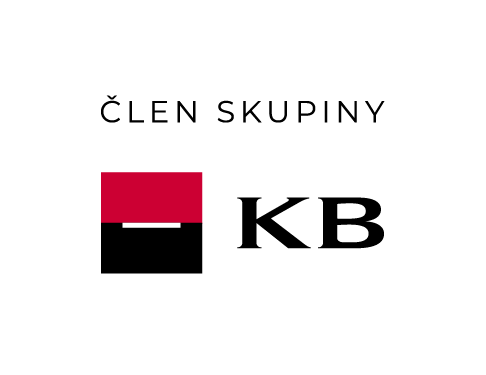08/26/2020

A NATIONAL ACTION PLAN ON ENERGY EFFICIENCY HAS BEEN DEVELOPED IN BELARUS WITH THE PARTICIPATION OF THE EBRD UNTIL 2030 - Enviros
ENVIROS s.r.o. under an agreement with the European Bank for Reconstruction and Development (EBRD) and with the support of the Energy Efficiency Department of the State Committee for standardisation of the Republic of Belarus and with the funding from the Ministry of Finance of the Slovak Republic developed a national plan on energy efficiency.
The national plan on energy efficiency is a strategic policy document that defines targets and energy-saving indicators for the period up to 2030; it also offers specific technical and organisational measures to achieve these goals. The plan follows the recommended standard template of the European Union with some adjustments that take into account the Belarusian practice.
The achievement of the proposed goals and implementation of the developed measures are not mandatory for the Republic of Belarus. Still, the plan will allow Belarus to determine the necessary directions and specific actions to further reduce the energy intensity of GDP by reducing the consumption of fuel and energy resources when developing state, industry and regional energy efficiency programs until 2030.
The plan is based on the implementation of “horizontal” (intersectoral, complex)
measures applicable in all sectors of the economy, as well as refining existing directions for improving energy efficiency in public institutions, industry, transport, district heating, production, transmission, distribution and sale of heat and electricity, and energy demand management.
The plan also defines the amount of savings in fuel and energy resources in the areas. It provides a forecast for reducing emissions in the equivalent of carbon dioxide (CO2eq.) due to the implementation of the proposed activities.
Targets for increasing energy efficiency and renewable energy use until 2030
In EU countries, national energy efficiency goals are set under the Directive 2018/2002/EC on energy efficiency, which outlines general indicators for increasing energy efficiency in the EU. The target figure of 32.5% reduction in energy intensity implies a reduction in primary and final energy consumption compared to the baseline scenario recorded in 2007—the plan outlines energy consumption trends in the 27 EU member states. Since the baseline scenario for the Republic of Belarus is not set, the target of 32.5% is calculated following the Belarusian baseline scenario.
The target level of renewable energy use in Belarus is low comparing to other countries and targets set in the EU. For example, renewable energy sources(RES) targets for 2030 are 17% in Ukraine and 21% in Poland, while the EU target is 32%. This suggests that additional support for RES will reduce dependence on imported fuel and energy resources. Still, at the same time, the development of large – scale RES in Belarus may be limited due to the commissioning of nuclear power plants.
The main activities proposed for 2021-2030 are as follows:
- Elimination of cross-subsidies in the household sector
- Formation of the energy accounting systems
- Implementation of the ESCO concept in the public sector
- Thermal renovation of buildings in the residential sector
- Modernisation of street lighting
- The energy use of municipal solid waste
- Energy audit and energy management systems
- Implementing energy efficiency strategy in structures and buildings with virtually zero power consumption (nZEB)
- Modernisation of public administration buildings
- Creation Sustainable energy and climate action plans
- The “Model State” process
- Implementation of energy management systems
- Create a financial mechanism for the trade-in “white certificates”.
- The mechanism for the purchase of technology
- Implementation of Sustainable Urban Mobility Plans (SUMPs)
- Introduction of “Eco-friendly driving” for professional drivers
Expected results of improving energy efficiency by 2030
The possible amount of savings when creating an energy efficiency obligation scheme (EEOS) under EU rules is 203.8-kilo tonnes of coal equivalent., and the cumulative economic effect of implementing the goals set by the EEOS for 2021-2030 may amount to 11,206-kilo tonnes of coal equivalent.
In the absence of market relations in the energy sector and the availability of a system of energy efficiency targets for end-users (fuel and energy consumption standards), there are no plans to create an EEOS in the Republic of Belarus. The implementation of energy efficiency policy is carried out through energy-saving programs and alternative measures to improve energy efficiency.
Back to previous page


